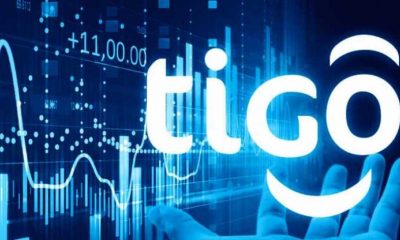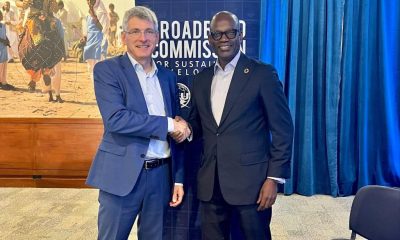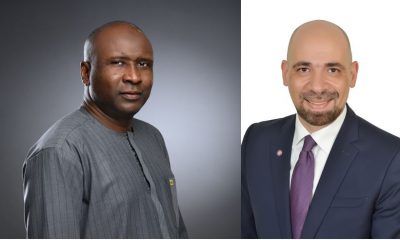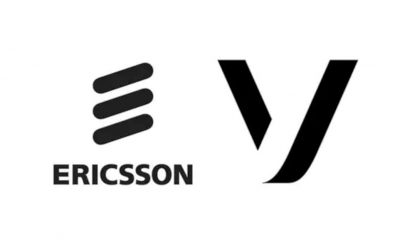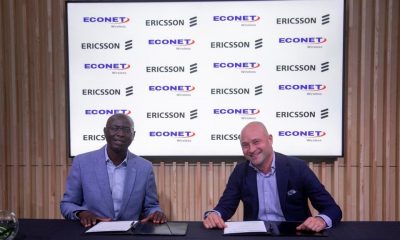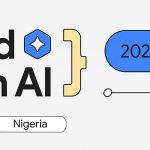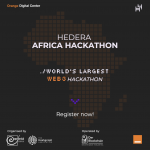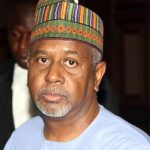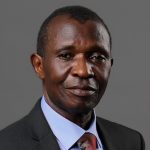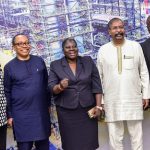Education
UNICEF, Ericsson to Map Internet in Nigerian Schools
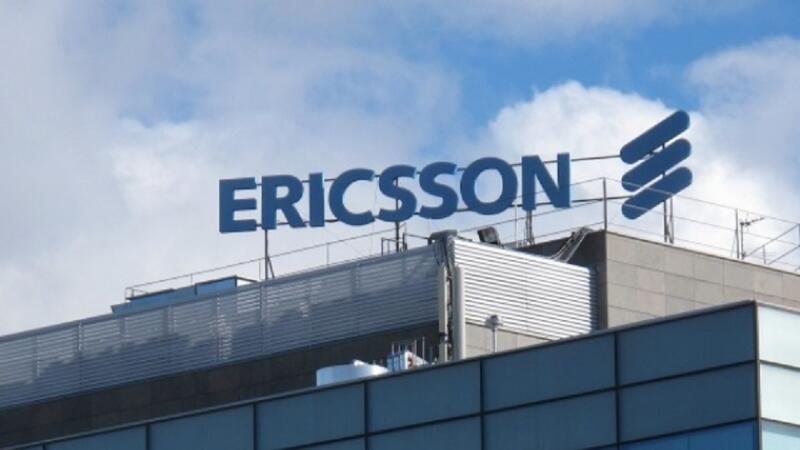
By Adedapo Adesanya
The United Nations Children’s Fund (UNICEF) and Swedish multinational networking and communications company, Ericsson, have collaborated to provide internet connectivity mapping to educational institutions in Nigeria.
In a statement, the Country Manager of Ericsson Nigeria, Mr Sean Cryan, said that the goal of the project with the theme Mapping school internet connectivity would help to bridge the digital divide by providing internet access for the next generation.
“We are planning to share the list of the first 10 countries in the fourth quarter of this year, while the remaining countries will be communicated in 2021,” he said.
He added that the project would start before the end of 2023, adding that the initial take-off would also depend on where their teams would be allowed to travel and operate safely.
According to him, digital transformation, undoubtedly, impacts various sectors and organisations by helping them leverage beneficial opportunities that come with new technologies.
“Mapping the internet connectivity landscape in schools and their surrounding communities will be of great importance, given its vital role.
“Connectivity mapping is a primary source for providing children with the necessary means and capabilities to exploit the opportunities provided by the advantages of digital learning,” he said.
He said that the partnership falls within the framework of the “Giga” initiative that was launched in 2019 by the International Telecommunication Union (ITU) in cooperation with UNICEF.
Mr Cryan added that it had the primary goal of connecting all schools on the planet to the internet.
The country manager also highlighted the benefits of mapping to governments and the private sector.
He said that it would help them design and deploy digital interventions to support uninterrupted learning for children and young people adding that the notion that some internet users employed the use of the facility from their homes while many others use it at school.
“The International Telecommunication Union (ITU) estimates that over 53 per cent of the world’s population used the internet in 2019, up from under 17 per cent in 2005.
“Although we have broad statistics on internet usage, the mapping will help us to understand how access by schools fits into that and where the gaps are.
“Ericsson’s vision calls for us to connect the unconnected because we believe that access to communication is a basic human need.
“We also believe that people in the rural parts of Africa will benefit greatly from mobile connectivity, which greatly increases access to information and services that support health, education and small businesses.’’
According to the Country Manager, digital connectivity is one of the ‘Global Breakthroughs’ which the Giga project is looking to address.
“The partnership between UNICEF and Ericsson will take the first vital step in mapping and understanding the connecting gap,” he said.
Mr Cryan also speaking on the scope of the project, said that Ericsson had committed resources for data engineering and data science capacity to accelerate the mapping.
He said that the company would specifically assist with the collection, validation, analysis, monitoring and visual representation of real-time school connectivity data.
“Ericsson is the first private sector partner to join this initiative and does so as a Global UNICEF Partner for School Connectivity Mapping.
“Collected data will enable governments and the private sector to design and deploy digital solutions that enable learning for children and young people.
“Additionally, Ericsson will engage its extensive customer base in the Giga initiative to further advance this mission,” he said.
The Country Manager further added that the total value of the partnership between Ericsson and UNICEF would be determined over time, adding that they were yet to arrive at the amount of time and resources needed to support the project.
He also said that both organisations were still working together to assess the locations where the programme would likely have the greatest impact.
He said that this would afford them the opportunity of taking the advantage of the information, choice and opportunities that it would bring.
He also added that Ericsson had been working on how to provide communication services and solutions to challenges facing ICT users since its inception.
He said that this had been across network segments so as to make the operations of telecom service providers more efficient and bolster their digital transformation.
According to the Ericsson Mobility Report, mobile broadband subscription penetration in the Sub-Saharan Africa region is approximately 30 per cent and is forecasted to reach around 50 per cent by the end of 2025.
Also citing a Mobile Economy 2018 report by Global System for Mobile Communications (GSMA), it was noted that the 49 per cent mobile subscription of Nigeria’s 196 million people is expected to reach 55 per cent by 2025.
Mr Cryan also spoke on the strategic importance of Nigeria to the projects. He said that with Nigeria currently holding one of the highest numbers of mobile subscriptions in Sub-Saharan Africa, superior network performance is imperative.
According to him, Ericsson is committed to partnering local service providers in meeting the growing demands of subscribers for an enriched broadband experience.
He also said that the importance of establishing a high-quality mobile broadband service in Nigeria cannot be overestimated.
“It opens up opportunities for people to improve their productivity locally and fuels new businesses which feed into boosting the economic growth of the country.
“In collaboration with Ericsson, local service providers have rolled out an LTE network that has had a significant impact on the user experience in Nigeria.
“Download and upload speeds in the completed areas are exceptional and customer feedback has been overwhelmingly positive.
“Nigerians can now experience a truly world-class data service with faster web browsing and downloads,” he said.
Furthermore, the Country Manager said that for the company to deliver sustainable impact, it had begun to collaborate with various partners to facilitate societal impact and provide equal opportunities.
Education
NELFUND Disburses N86.3bn to 449,039 Students in 15 Months
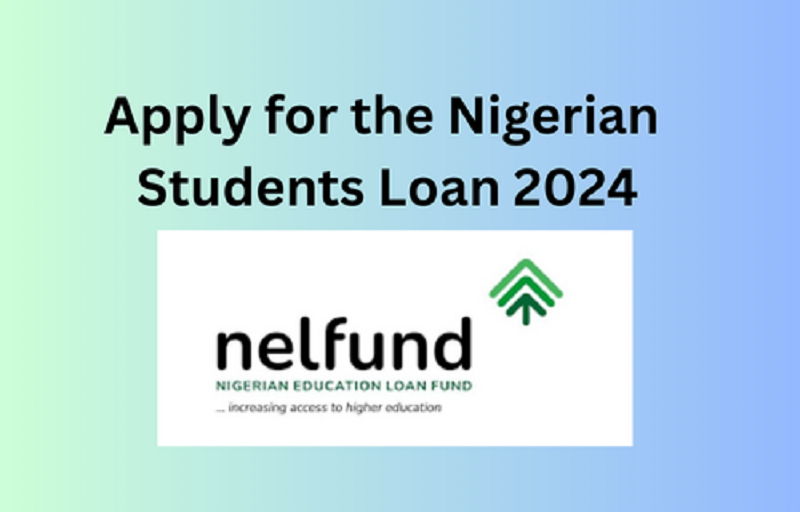
By Adedapo Adesanya
The Nigerian Education Loan Fund (NELFUND) has announced the disbursement of a total of N86.3 billion loan to 449,039 students since the scheme was launched on its portal on May 24, 2024.
According to the latest daily status report released on Monday, August 11, 2025, the scheme disbursed the loan as of August 6, 2025.
The fund noted that “the scheme delivers on President Bola Tinubu’s Renewed Hope Agenda of empowering every Nigerian student through access to higher education funding.”
It said the disbursement included N47,629,338,384 paid directly to 218 institutions as tuition fees and N38,718,120,000 given to students as upkeep allowances.
The report further revealed that 731,140 students have registered on the loan portal, out of which 720,732 have successfully applied for loans — representing a 98 per cent application success rate.
Data from the dashboard shows a daily increase of 933 in the number of successful registrants and an additional 1,094 successful applicants.
The update was necessitated by concerns over alleged misconduct threatening the integrity and transparency of the student loan scheme established under the Student Loans (Access to Higher Education) Act, 2024.
There have also been cases of students who have graduated still receiving loans, as well as loan payments to institutions even after students have paid their fees as well as collusion between some tertiary institutions and financial institutions to delay, divert, or conceal student loan disbursements.
Education
Sterling Bank Unveils First 30 Recipients of N2bn Scholarship

By Modupe Gbadeyanka
The first 30 beneficiaries of the N2 billion Beyond Education Scholarship of Sterling Bank Limited have been revealed, with nominations for the next round of candidates paused until September 2025.
However, voting remains open and verified nominees have been encouraged to continue engaging their communities as the next cohort will be selected in the coming weeks.
The N2 billion education fund is designed to pay for university education of 600 exceptional young Nigerians and connect them to future careers in high-impact sectors.
The initiative, launched in June 2025, is built not just to provide scholarships, but to create real-world pathways to employment and socio-economic mobility.
Unlike conventional scholarship programs, Beyond Education is intentionally designed to support Nigeria’s critical development agenda.
It aligns with Sterling’s HEART strategy, an investment framework focused on Health, Education, Agriculture, Renewable Energy, and Transportation, and the goal is to build a talent pipeline for sectors that are vital to the country’s future.
The first 30 scholars were selected through a transparent, community-driven voting process open to Sterling Bank account holders. All nominees were thoroughly vetted to ensure they met admission requirements at the partner universities.
While the scholarship covers full tuition, recipients are responsible for associated costs such as internet access, learning materials, and living expenses, a structure designed for sustainability and scale.
The programme fully covers undergraduate tuition at two forward-looking, accredited institutions, Miva Open University, Nigeria’s first licensed online private university, and Hillside University of Science and Technology (HUST), a STEM-centered campus in Ekiti State.
The recipients are Abdulahi Afolabi, Damilare Tijani, Abdulwahab Eniafe, Abubakar Isah, Tahir Enesi Ibrahim, Julius Agbene Agbo, Chinedu Kelechi Patrick, Ayomide Ojo, Fyneseed Nwogu, Miracle Woyinmomoemi Daniel, Serene Clinton, Temiloluwa Orekunrin, Udeme Umoh, Victor Esogwa, Rosemary Kosipre, Ali Mohammed, Usman Isiaka Ololade, Kayode Aikulola, Saviour Philip, Ademola Afolabi, Emmanuel Enekwa, Bashir Sani Ibrahim, Ezekiel Adeseye, Deborah Umeaku, Abba Kaka Lawan, Haisam Sunusi Mahmuda, John Gumuan, Afan Ajiji, Bajepade Kehinde, and Chioma Igwe.
Commenting on the announcement of the first 30 scholars chosen for the initiative, the Growth Executive for Consumer and Business Banking at Sterling Bank, Obinna Ukachukwu, said, “This is more than a scholarship; it’s a national development strategy.
“We’re closing the gap between education and employability. Our mission is to prepare young people for the future of work in sectors that matter most to Nigeria’s progress.”
With 570 scholarships still to be awarded, Sterling Bank says it remains committed to expanding access to quality education and helping shape a future-ready workforce for Nigeria.
Education
WAEC Withdraws 2025 WASSCE Results After Technical Glitches
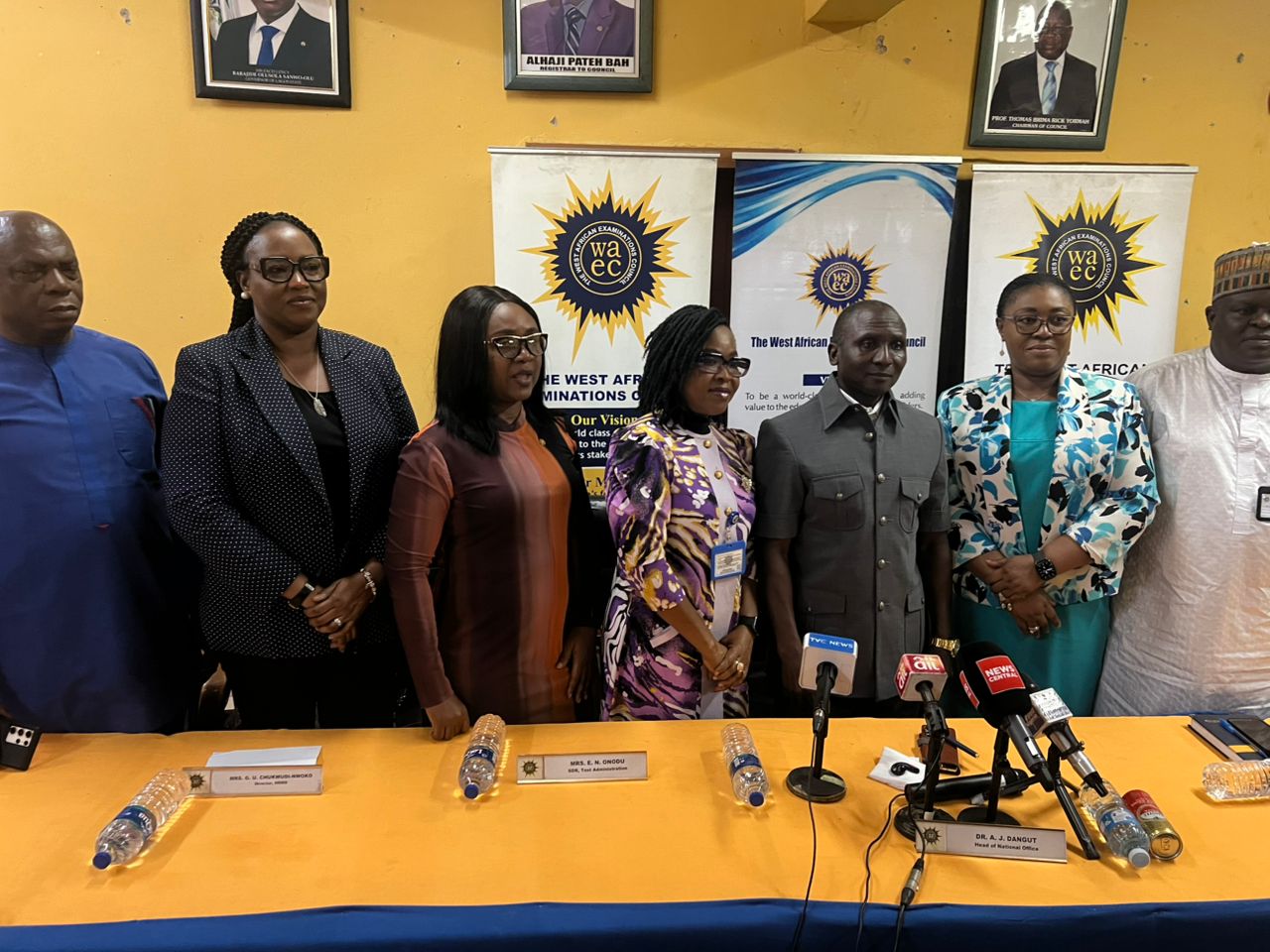
By Adedapo Adesanya
West African Examinations Council (WAEC) has temporarily withdrawn the 2025 WASSCE results following multiple reports of technical glitches reported during the conduct of the exam.
On Monday, the examination body released the 2025 results, which showed that only 38.32 per cent of the 1,969,313 candidates who sat the 2025 WASSCE obtained credits and above in five subjects, including English Language and Mathematics, the worst performance recorded in a decade.
This development has sparked outrage, raising similarities with the glitch issue which affected candidates during the Unified Tertiary Matriculation Examination (UTM) organised by the Joint Administration Matriculation Board (JAMB).
In a notice issued by the Acting Head of Public Affairs for WAEC in Nigeria, Mrs Moyosola Adesina, on Thursday, it was revealed that an internal review showed that there were some issues.
The body said these issues arose from a newly introduced paper serialization process aimed at curbing exam malpractice in subjects such as Mathematics, English Language, Biology, and Economics.
“[WAEC] sincerely regrets to inform the general public of technical issues discovered during the internal review of the recently released results of the West African Senior School Certificate Examination (WASSCE) for School Candidates, (SC) 2025.
“As part of our efforts to curb examination malpractice, the Council embarked on an innovation (paper serialization) already deployed by a national examination body. It is also worth noting that this is in line with best practices in assessment. The paper serialization was carried out in Mathematics, English Language, Biology and Economics. However, an internal post result release procedure revealed some technical bugs in the results,” the statement said.
As a result of the glitches, access to the results has been temporarily suspended on the result checker portal while corrections are made.
WAEC apologized to all affected candidates and the general public, urging patience and understanding.
Candidates are advised to re-check their results after 24 hours, as the council works to resolve the problem with urgency and transparency.
“We extend our deep and sincere apologies to all affected candidates and the general public. We appreciate their patience and understanding as we work diligently to resolve this matter with transparency and urgency within the next twenty-four (24) hours. On this note, candidates who have previously checked their results are advised to re-check after 24 hours from now.
“WAEC remains committed to upholding excellence, fairness and transparency in all our assessment processes,” the statement added.
-

 Feature/OPED6 years ago
Feature/OPED6 years agoDavos was Different this year
-
Travel/Tourism9 years ago
Lagos Seals Western Lodge Hotel In Ikorodu
-

 Showbiz3 years ago
Showbiz3 years agoEstranged Lover Releases Videos of Empress Njamah Bathing
-

 Banking7 years ago
Banking7 years agoSort Codes of GTBank Branches in Nigeria
-

 Economy2 years ago
Economy2 years agoSubsidy Removal: CNG at N130 Per Litre Cheaper Than Petrol—IPMAN
-

 Banking2 years ago
Banking2 years agoFirst Bank Announces Planned Downtime
-

 Sports2 years ago
Sports2 years agoHighest Paid Nigerian Footballer – How Much Do Nigerian Footballers Earn
-

 Technology5 years ago
Technology5 years agoHow To Link Your MTN, Airtel, Glo, 9mobile Lines to NIN





